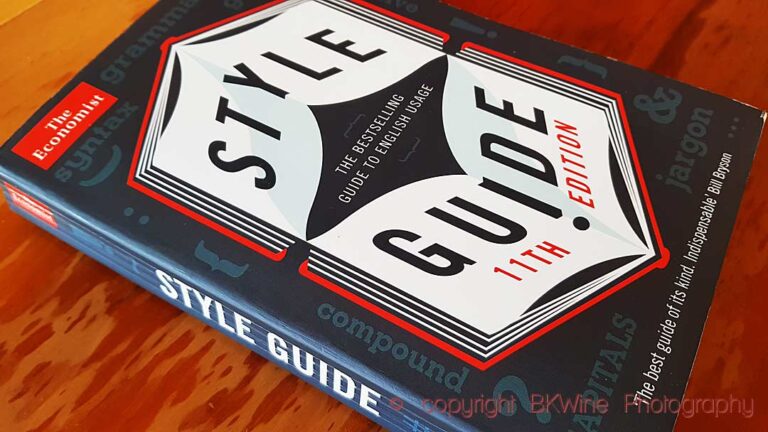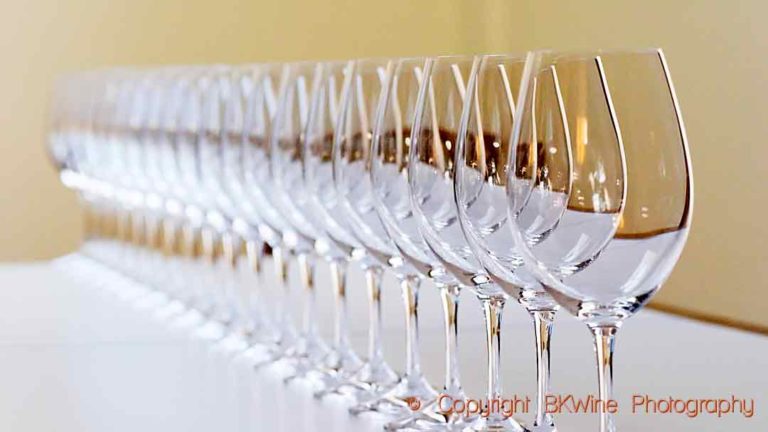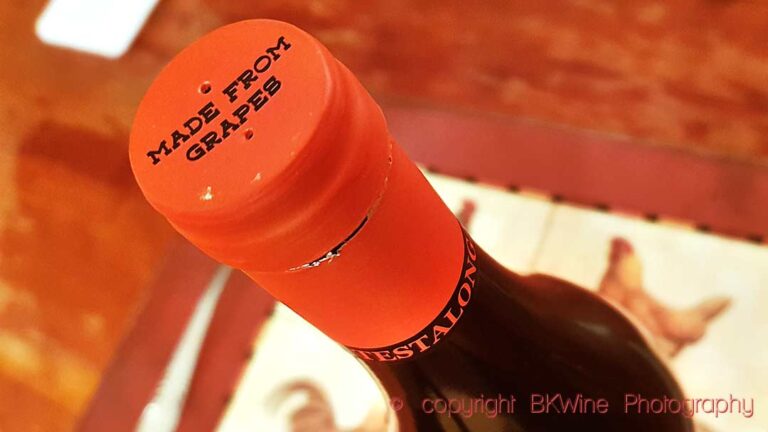

 No, organic-biodynamic-natural is not at all like “in the old days”
No, organic-biodynamic-natural is not at all like “in the old days”
We often hear people say that organic (biodynamic, “natural”) wine growers work the way farmers did in the past. And that’s true in some ways. Synthetic pesticides – banned for the organic growers – have not always existed. However, crops have always been in need of protection from diseases and pests.
In the olden times products like lead and arsenic (these two together made an effective insecticide), mercury and nicotine and other substances were used. There are certainly “natural” (a very trendy wine word these days). But they hardly harmless all the same. To say that organic-biodynamic-“natural” wine growing is like the forefathers did is not quite correct.
And from 1885 huge amounts of copper – a poisonous heavy metal – were sprayed over the vineyards to fight off the new fungus disease, downy mildew. Maybe we shouldn’t glorify too much the olden days.
Spraying with copper is the Achilles heel of organic farming. Currently, there is nothing else that works well against downy mildew for the organic growers. But research is under-way. The limit today is set at 6 kilos of copper per year and per hectare for the organic growers. There is a certain amount of flexibility to use more than 6 kilos in difficult years because the rule is that it is allowed to use a total of 30 kilos over a five year period. One should perhaps add that many producers that are not organic use copper too, so it is not just organic growers that have this issue.
Before January 31, 2019, the EU Commission shall decide whether to maintain this limit, lower it or prohibit copper altogether for organic growers.
A total ban will most certainly not happen. But there is a risk (or possibility, depending on how you see it) that the limit will be lowered to 4 kilograms.
The organic growers argue fervently that 4 kilos will not be enough. Their vines would not manage, they say. On the other hand, research shows that lowering the limit would be a good thing for the environment and the soil. A lower limit might lead to that some growers leave the organic system.
What is most important?
To safeguard and protect the environment? Or to try and make sure that as many growers as possible manage to be organic?
“We” (i.e. all our countries together within the EU) ourselves decide where the limits should be set for organic farming and of course, it is not only environmental considerations that enter into the equation but also commercial and political. Which makes it all much more complicated than we would like it to be. In fact, there is no natural and self-evident definition of what “organic” means; instead it is something that we jointly agree on to help the environment.
These are difficult questions for all wine growers.
Join us in the vineyards this autumn and winter and ask the producers themselves what they think and how they work.
Join us on a wine tour! You can find more information on all our upcoming wine tours further down. (Or you can come on a tour simply because you live great wines and delicious food, and beautiful landscapes. That’s totally OK too.)
Book now!
Britt & Per
PS: Recommend to your friends to read the Brief !
[box type=”note” size=”large” style=”rounded” border=”full”]This is just the introduction to the latest issue of the Brief. Subscribe to the BKWine Brief and you will get the whole edition in your mailbox next month.[/box]








